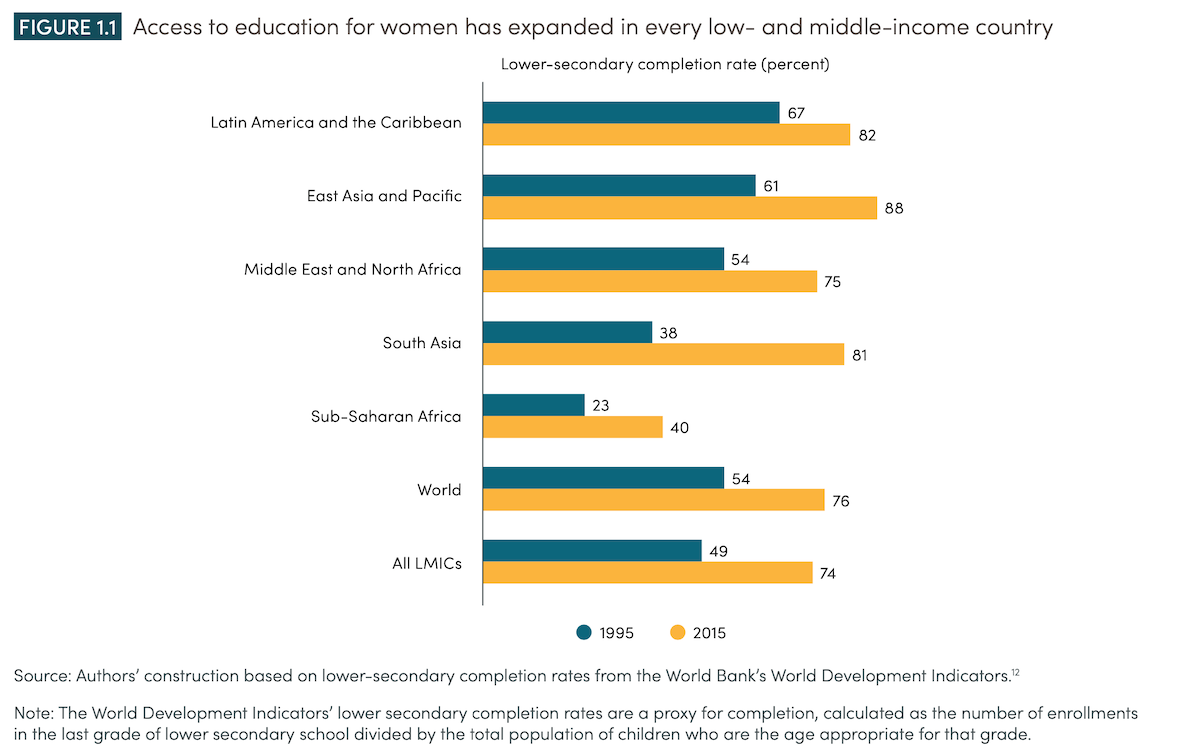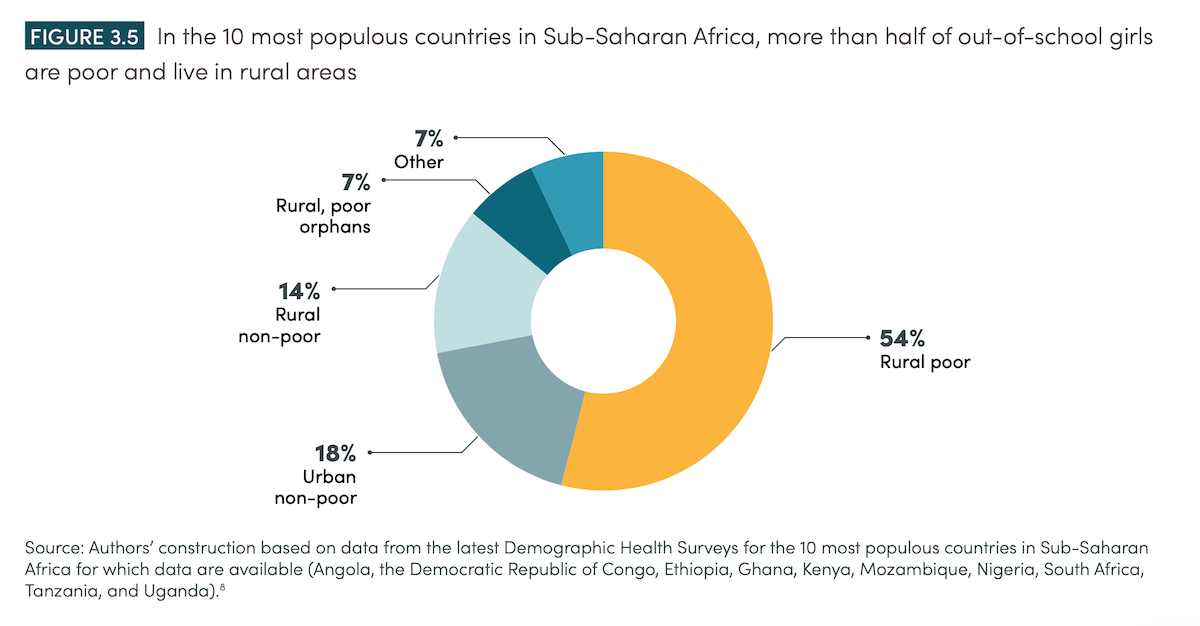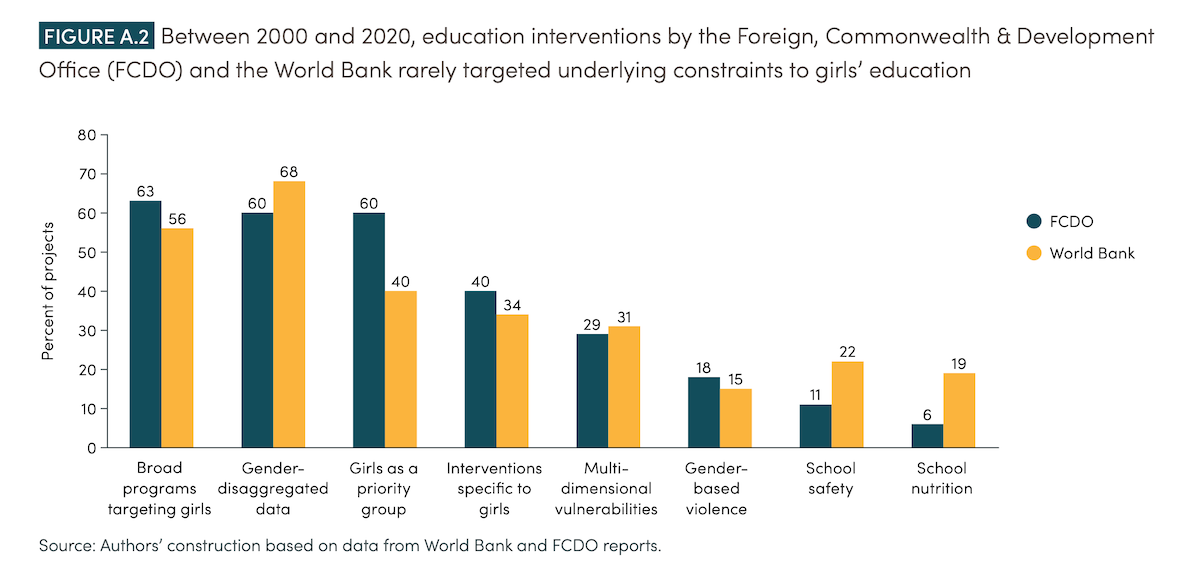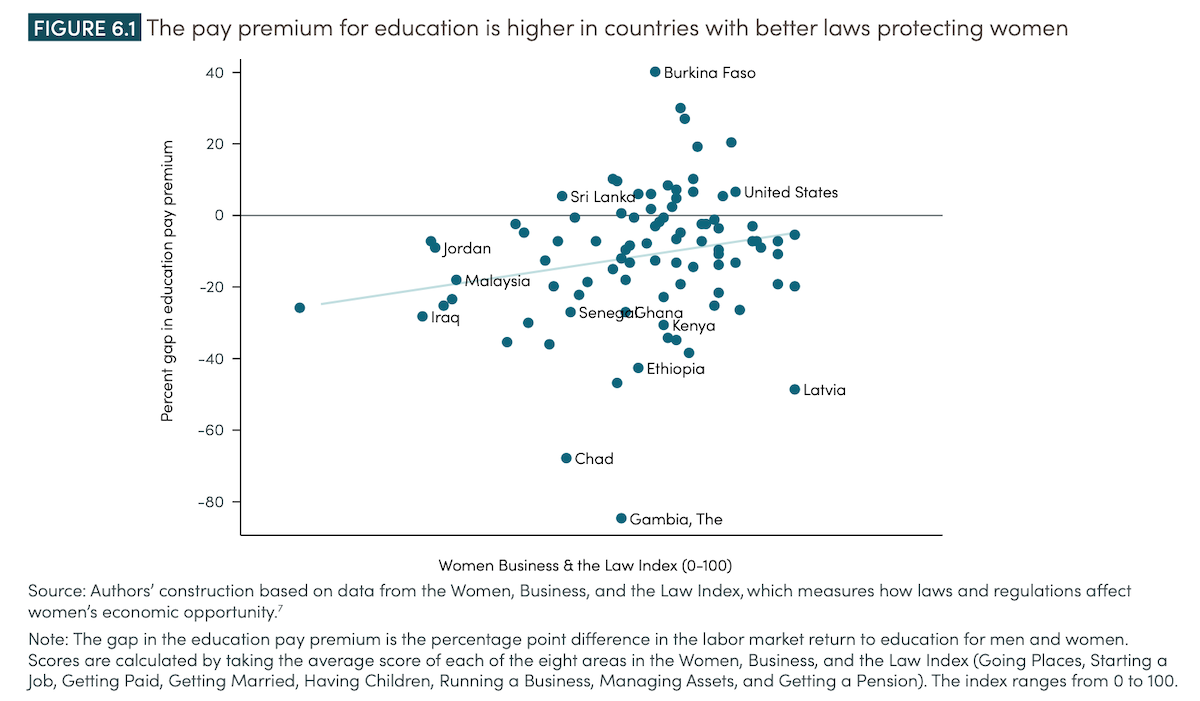|
Lincoln College
closes after 157 years, blaming COVID-19 and cyberattack disruptions
The closure of Lincoln College is a shocking urnaround for a small Illinois college that welcomes first-generation students and qualifies as a predominantly Black institution. The 1918 influenza pandemic couldn't bring Lincoln College
down. Neither could the Great Depression or World War II. It survived a major
fire and economic hardships. But the college is closing for good on Friday — the
victim of two modern blights: the COVID-19 pandemic and a cyberattack.
It's a shocking
turnaround for the small private Illinois school that has welcomed thousands
of first-generation college students and qualified for federal
recognition as a predominantly Black institution, or PBI.
"Lincoln
College has been serving students from across the globe for more than 157
years," college President David Gerlach said in a statement on the school's website. "The loss of history,
careers, and a community of students and alumni is immense." Students, alumni and
staff are mourning the decision "There were tears" when the college's board of trustees voted to shutter the institution, trustee Kathryn Harris told member station WGLT of Illinois State University. "It's painful to the faculty, certainly to the students,
to the alumni, to the city of Lincoln and to Logan County," Harris said.
"I'm particularly pained by it because ... for a lot of students,
particularly the Black students, are the first in their family to go to
college. I'm proud for them ... but for those students who only have one more
semester — wow, that's painful." Sponsor Message The decision to close was announced in late March, when
Gerlach told students the college would cease to operate after the end of the
spring term. Current and former students said they felt blindsided by the
school that had offered them opportunity and a safe haven from uncertain
circumstances. "That whole campus just can't go to waste. It's
too necessary," recent graduate Arielle Williams, a Chicago native who
was president of Lincoln's Black Student Union, told WGLT in
April. "I don't think people are understanding what this is going to do
to a generation of students." Lincoln was on an
upswing. Then COVID-19 and a cyberattack struck Lincoln College saw record enrollment in the fall of 2019,
filling its dormitories. But the pandemic hit months later, disrupting campus
life and limiting the school's ability to raise money and recruit new
students. COVID-19 forced the school to lay out cash for new technology and
safety measures, at a time when it saw a significant drop in enrollment, as
students paused their college careers. Then, in December 2021, a ransomware attack struck that "thwarted admissions activities and hindered access to all institutional data," the college said. The cyberattack
blocked crucial data the college uses to project its
academic and economic future. When it finally regained access to its computer
systems in March, the news was dire: Fall enrollment of around 630 full-time
students wouldn't be nearly enough to bolster its accounts. It would take a "transformational
donation or partnership" for the school to continue to exist into the
summer, it said. The ransomware attack originated in Iran, Gerlach has said. The school paid less than $100,000 to restore its systems, he told the Chicago Tribune. But the college would need far more money — as much as $53 million, Gerlach said in an interview with WGLT — to guarantee its long-term survival. Cyberattacks
repeatedly target U.S. schools At least 14 U.S. colleges or universities and nine school
districts have been hit by ransomware demands so far in 2022, according to
Brett Callow, a threat analyst at Emsisoft, a cybersecurity company based in
New Zealand. Data was stolen in 13 of the 23 cases. Callow says the hackers customize their ransom demands to each
victim. "The amount the attackers ask for varies enormously
depending on the organization they've hit," Callow said. "They've
typically had access to the organization's financials — they'll know whether
it cover carries cyber insurance, for example, and what the coverage limits
are." In each of the past two years, ransomware has hit more than 80 education organizations, Callow told NPR. In 2021, that included 62 school districts and 26 colleges and universities. When asked why the education sector seems particularly
vulnerable to cyberattacks, Callow says many school districts and colleges
are facing such security challenges for the first time. The prevalent
threat has made insurance itself into a burden: a public school district in
Bloomington, some 30 miles northeast of Lincoln, recently saw its cyber-insurance price
skyrocket from $6,661 to $22,229. A small town loses a
local institution Lincoln College was chartered in 1865 and named for Abraham Lincoln. It's located in the small town of Lincoln, with a population of around 13,300, according to the U.S. Census Bureau. In the past decade, Lincoln transitioned from being a junior college to return to its origins as a four-year institution. It has played a prominent role in its local community, fielding sports teams and operating student-run radio and TV outlets. But a fundraising campaign to help the school fell far short of its $20 million goal. With its closing imminent, Lincoln College has devoted its
website to answering the many questions its students, alumni and staff now
find themselves facing. It's also working to provide transcripts and transfer
information, to help them document the work they put in at the school. At its final commencement ceremony last week, Lincoln conferred associate's, bachelor's, or master's degrees on 235 students. |
|
|
||||||||||||||
|
Change without sacrifice is an illusion.
|
|||||||||||||||









